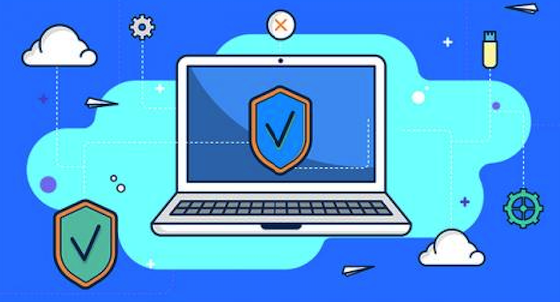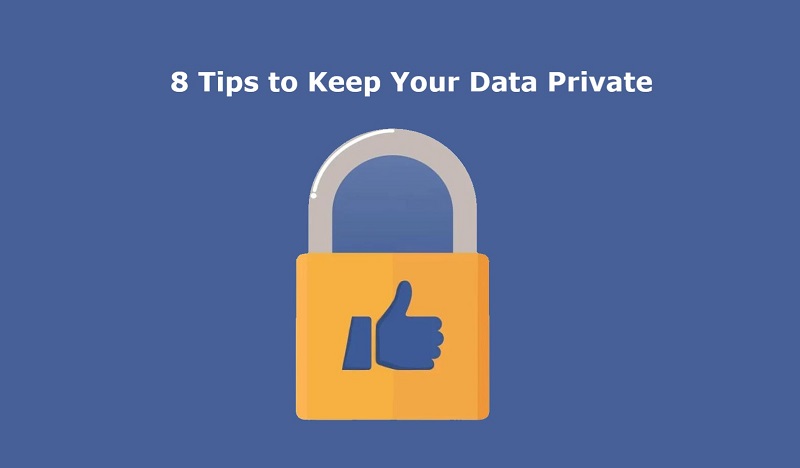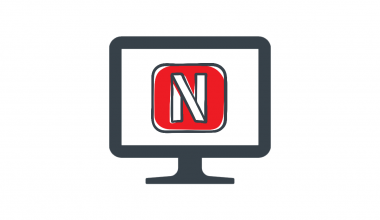Regardless of whether you live in the UK, Australia, Canada, or the USA, the Internet service provider (ISP) can track all of your online activities. This includes the browsing history and operations, apps you use, and downloads.
With such a browser activity tracking, your ISP knows whatever websites you connect at any time, and they gather this information as an essential part of the privacy policy. Each ISP has its collection of privacy regulations aimed at protecting your confidential data.
Your ISP can sell all of your information to some willing third-party company. They can also disclose your data to the government if required. ISP can log the connection data whether you use some mobile device, gaming console, or your home computer.
Why does ISP track your data?
ISP tracks your data for the following reasons
- Data Retention
- Selling Data
- Bandwidth Throttling
- P2P Monitoring
What does your ISP see on your computer?
Your ISP gathers the following data based on your IP address.
- Account Information of the user
- Web Browsing and history
- Network Usage of client and Performance
- All the Wireless Application Information
- Information about the location
- Television Viewing Information
Use VPN to prevent your ISP from monitoring you.
You have to re-route all of your Web traffic through a reliable, private tunnel to stop your ISP from monitoring your internet activities. Your internet provider service can observe that you are using a secret tunnel, but it cannot trace your online activities. A Virtual process network service provides you that tunnel.
VPN creates a barrier between your service provider and your device. An IP address is automatically allocated to you each time you access the internet. This number string is correlated with what you are doing internet, from shopping to browsing websites, checking emails or watching videos, which can be used to locate your area and monitor your identity.
The VPN masks all of your online traffic from all over the world by mixing it with multiple servers. Your IP address has no connection with you or your area, and as your traffic leaves your computer, it is highly encrypted. ISPs receive only some strings of entirely random letters and numbers rather than viewing browsing history and personal information.
How to Select a VPN
It is highly technical to find VPNs. Luckily, to decide, you do not have to know the finer details of SOCKS5 and IPSec / L2TP protocol. All the details are observed by VPNs, enabling you to concentrate on choosing the provider which best fits your needs.
You can use any VPN, but you should investigate these three primary factors before selecting any VPN
Jurisdiction– Location is incredibly vital in a VPN. The company can place its physical servers anywhere, but the location where that company is registered matters a lot because VPN must follow the local laws. If a country does have a rigid data privacy policy, the VPN will have to conform to any distribution or logging policies.
Most VPNs pay very close attention to consumer laws under which they function and state this specifically in their policies. VPN users tend to favor providers registered in Australia, Estonia, Canada, the US, Germany, and Iceland.
Logging Practice– Logging is a big concern for those users who are serious about their online privacy. As just an ISP, your virtual process network can also gather your online data because they also receive all of the information passing through the computers.
So, it is essential to have a no-log or strict-log policy in the VPN you select. It guarantees the company or firm does not store any data on the servers, which control the encrypted information. Nothing could be sold or shared when no information is stored.
Cost– Choosing a VPN which provides free service is a bad idea. Those VPNs providers that do not charge clients have practically no interest in preserving their privacy.
A free service provider is not a donation, so they earn money by tracking and selling the online activities of their clients. You will have to put the money in a premium service if you’re serious about fixing ISPs from monitoring your activity. Luckily, some VPNs are available for inexpensive and flat monthly rates.
RitaVPN
RitaVPN is one of the most reliable VPNs. RitaVPN is up to challenge, and we are using the high-end AES encryption to ensure that no one can misuse your personal data. We also have equipped our elevated-speed servers with the mutual IP tech to make it much harder for someone to connect what you’re doing online.
Your service providers cannot decode the material of your web traffic when using a RitaVPN, nor can it determine the location of your traffic to or from, which means that your ISP can’t see which sites you’re visiting or whatever you’re connecting to. Just encrypted data can be seen traveling to a server.
RitaVPN provides you the following features, which makes it one of the best VPN.
Stay Anonymous Online
RitaVPN provides you the fastest and private internet access and hides the IP address to protect your data from any third party, such as hackers, government surveillance agencies, or ISP. Nobody can see what sites you are visiting, which video clips you are watching, which data you are downloading or some other activity online.
Protect Online Security
RitaVPN proves itself one of the best VPNs by encrypting all of your information and personal data like your email, photos, social media passwords and online bank accounts even if you are using some public Wi-Fi places like hotels, airports and cafes, etc.
Changes the IP
As soon as you connect with RitaVPN, it automatically provides you a new IP address and hides your original IP. The latest IP address shows your different location and identity, and you can now easily access unblocked websites like Hulu and Netflix.
Conclusion
ISP monitoring might have some proper uses, but it’s still a massive infringement of your confidentiality. Realizing that there is someone who keeps an eye on your online activities is not comfortable in any way.
Thankfully, using a VPN will help you overcome this issue and maintain many of the rights of privacy by encrypting all the Web traffic to make it harder for ISPs and anyone to read it.






